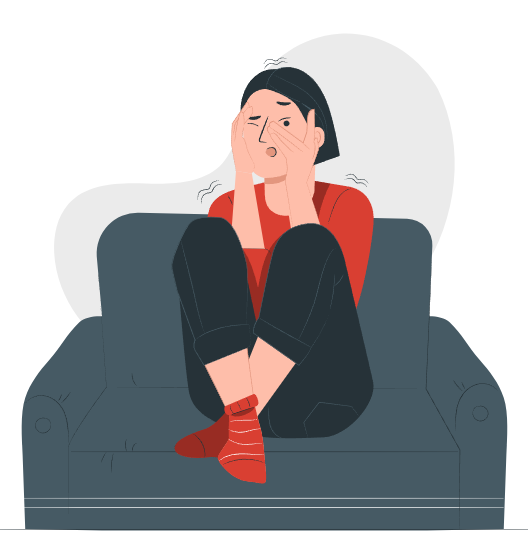Neurofeedback for
Tourette Syndrome
Research Study

Fast Facts

10-16 Years Old

Experiencing Chronic Tics Or Tourette Syndrome

Compensation Provided

Conducted in New Haven, CT
Study Background
The purpose of this study is to explore whether a non-invasive type of brain training called neurofeedback can help reduce tic symptoms. During the study, we will use a form of feedback that involves monitoring brain activity through magnetic resonance imaging (MRI) while teaching participants methods that may help reduce tics.
Join our study today to help researchers learn more about the effects of neurofeedback for tic disorders! Compensation provided.
The goal is to improve treatment options for adolescents with higher weight, addressing a gap in current research. Eating disorders are often linked to people with lower weight, but this study aims to show the need for effective treatments for those who might be at a higher weight, providing a better understanding of eating disorders beyond common stereotypes.

Study Background

The purpose of this study is to explore whether a non-invasive type of brain training called neurofeedback can help reduce tic symptoms. During the study, we will use a form of feedback that involves monitoring brain activity through magnetic resonance imaging (MRI) while teaching participants methods that may help reduce tics.
Join our study today to help researchers learn more about the effects of neurofeedback for tic disorders! Compensation provided.

Additional Information
Participants may qualify for this study if they meet the following criteria.
Key Criteria:
- 10-16 years old
- Diagnosis of Tourette Syndrome or Chronic Tic Disorder
- Currently active tics
- Ability to execute most common tics without moving head while lying on back
- Lives within 2 hours of Yale MRRC and ability and willingness of family to make multiple visits for study participation
There will be a total of 13 visits: 6 in-person visits and 7 meetings done remotely (on Zoom).
The first visit will include an initial MRI scanner session and an assessment to evaluate tic severity. This visit will take approximately 2-3 hours.
The following five visits will involve four scans that take place over the course of one month, scheduled approximately once a week, and then a follow-up scan one month later. These scans can take up to two hours each.
Additionally, there will be five clinical assessments that take approximately one hour each and can be completed remotely.
Participants will be compensated a $40 base rate for any scans involving targeting their brain region. They can receive a bonus of up to $120 depending on how well they can control their brain region. For any neuroimaging scans not involving controlling their brain region, they will receive a flat rate of $80. For sessions outside of the scanner, they will receive an hourly rate of $40/hour. For the strategy development session, they will receive a total of $40. Travel reimbursement may be offered in special circumstances. Taxes are not with-held from compensation.
There is no cost for you to participate in our research study.
